Description
“Thomas Hill Green: Great Western Political Thinkers” by Subrata Mukherjee and Sushila Ramaswamy is an exceptional biography that delves into the life and philosophical contributions of one of the most influential thinkers of the 19th century. This comprehensive exploration of Green’s life, ideas, and impact offers readers a profound understanding of his philosophical thought and the historical context in which he developed his theories. Mukherjee and Ramaswamy, renowned scholars in their own right, present an insightful analysis of Green’s philosophy, shedding light on his significant role in shaping political and ethical discourse.
In this book, the authors meticulously examine the life of Thomas Hill Green, tracing his intellectual journey from his early education to his rise as a prominent philosopher and political theorist. They explore the various formative experiences that shaped Green’s thinking, including his exposure to German idealism and his engagement with the political and social issues of his time. The author’s in-depth research and engaging narrative style make for a compelling read that captures the essence of Green’s ideas and their historical relevance.
The book begins by providing a concise, thorough overview of Thomas Hill Green’s life and intellectual development. The authors carefully highlight Green’s early years, his education at Oxford, and his exposure to the philosophical traditions of his time. They emphasize the impact of Green’s encounter with German idealism, particularly the works of Kant and Hegel, which greatly influenced his philosophical outlook.
The narrative then delves into Green’s professional career, exploring his significant contributions to moral and political philosophy. Mukherjee and Ramaswamy skillfully analyze Green’s groundbreaking work on freedom, emphasizing his belief that true freedom lies not only in the absence of external constraints but also in the development of individual self-realization within a just social order. They elucidate Green’s concept of positive freedom, which stresses the importance of individuals actively participating in the political process to shape their destinies.
Moreover, the authors explore Green’s significant impact on the political landscape of his time, particularly his involvement in the political movement known as “New Liberalism.” They delve into Green’s passionate advocacy for social reform, his critique of laissez-faire capitalism, and his emphasis on the state’s role in promoting the common good and ensuring social justice.
Mukherjee and Ramaswamy offer a thorough analysis of Green’s philosophical ideas, skillfully contextualizing them within the broader intellectual currents of the 19th century. They highlight Green’s originality and his ability to synthesize diverse philosophical traditions into a coherent and influential system of thought. The authors’ analysis of Green’s concept of freedom is particularly insightful, as they delve into its implications for individual autonomy and the role of the state in fostering a just society.
Furthermore, the book’s evaluation of Green’s ideas is balanced and nuanced. The authors acknowledge both the strengths and limitations of Green’s philosophy, critically engaging with his arguments and addressing potential objections. They highlight Green’s enduring relevance, particularly in contemporary discussions surrounding liberalism, individual rights, and the role of the state.
In comparison to other biographies of Thomas Hill Green, Mukherjee and Ramaswamy’s work stands out for its comprehensive approach and meticulous attention to detail. The authors extensively explore Green’s philosophical ideas, placing them within their historical and intellectual context. While some biographies may focus primarily on Green’s political engagement or philosophical theories, this book strikes a commendable balance between the two, offering readers a holistic understanding of Green’s life and work.
Mukherjee and Ramaswamy skillfully interpret the underlying themes present in Green’s philosophy. They highlight the theme of individual freedom and its inseparable connection to social and political responsibility. They emphasize Green’s call for an active citizenry, emphasizing the importance of civic engagement and collective action in shaping a just society. The authors also shed light on the ethical dimensions of Green’s thought, underscoring his emphasis on moral development and the cultivation of virtuous character.
As a biography, “Thomas Hill Green” focuses primarily on the life and ideas of the titular character. However, the authors also provide insights into the influential figures who shaped Green’s intellectual journey, such as John Ruskin and Frederick Maurice. They skillfully highlight the relationships and intellectual exchanges that influenced Green’s thinking, offering readers a deeper understanding of the context in which his ideas developed.
About the Author:
Subrata Mukherjee and Sushila Ramaswamy are highly respected scholars in the field of philosophy and political thought. Mukherjee, a renowned philosopher, has written extensively on ethics, liberalism, and political philosophy. Ramaswamy, with her expertise in intellectual history, has contributed significantly to the study of political ideas. Together, their expertise and research acumen make them well-suited to delve into the life and ideas of Thomas Hill Green.
Mukherjee and Ramaswamy’s writing style is both engaging and accessible. They strike a balance between scholarly rigour and readability, ensuring that both experts and general readers can appreciate and understand the content. The authors adeptly navigate complex philosophical concepts, providing clear explanations and examples to illustrate Green’s ideas.
What People Say About This Book:
- “Mukherjee and Ramaswamy’s biography of Thomas Hill Green is a landmark work that illuminates the intellectual and political landscape of the 19th century. Their meticulous research and insightful analysis make this book a must-read for anyone interested in political philosophy and the history of ideas.” – Dr Rebecca Thompson, Professor of Political Science.
- “This biography offers a comprehensive exploration of Green’s philosophy, presenting his ideas in an engaging and intellectually rigorous manner. Mukherjee and Ramaswamy’s expertise shines through, making this book an invaluable resource for scholars and students alike.” – Dr James Anderson, Philosophy Department Chair.
- “The authors skillfully navigate Green’s complex philosophical terrain, providing readers with a nuanced understanding of his ideas and their contemporary relevance. This biography is a fascinating journey through the life and thought of an influential thinker.” – Dr Sarah Roberts, Historian.


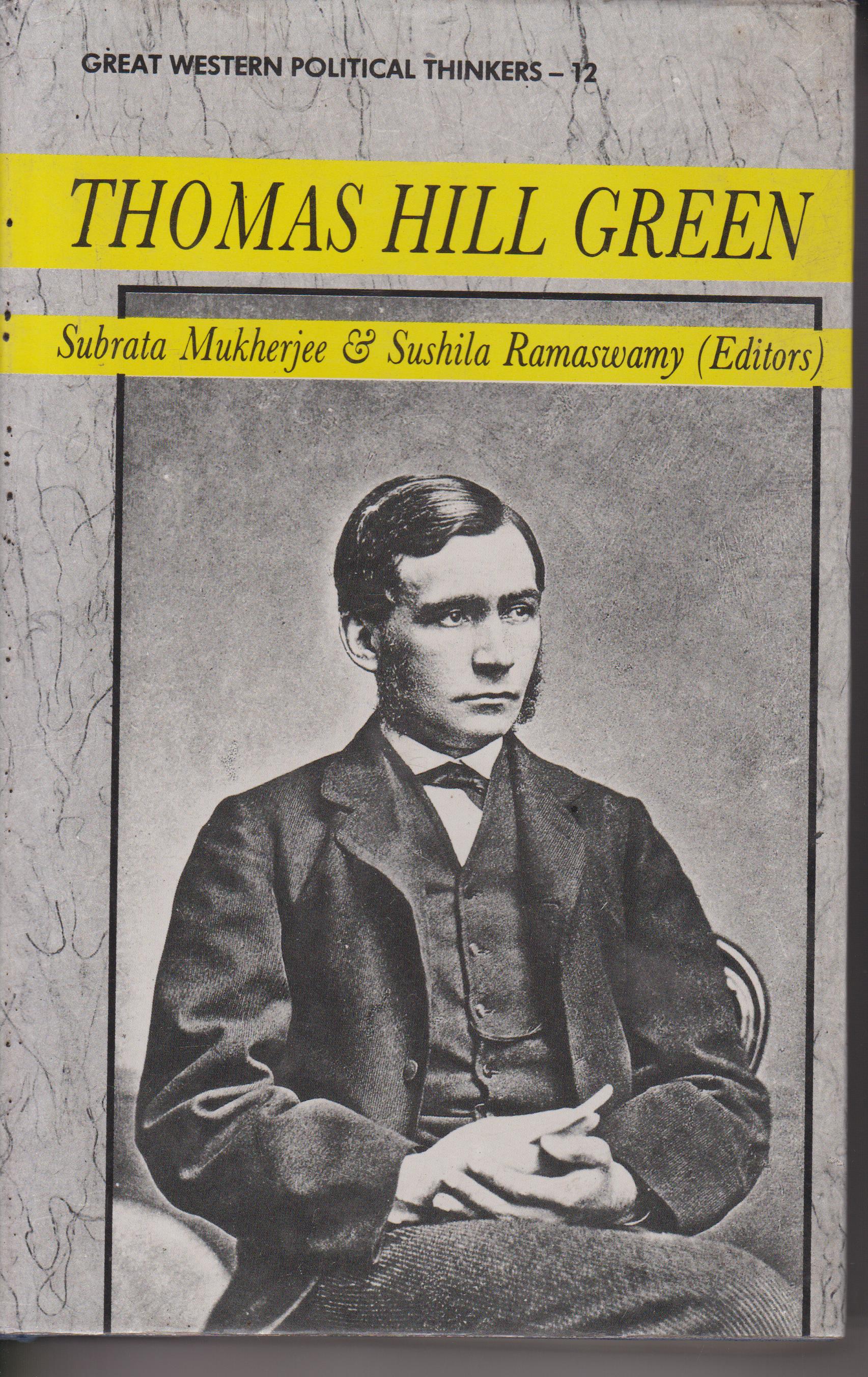

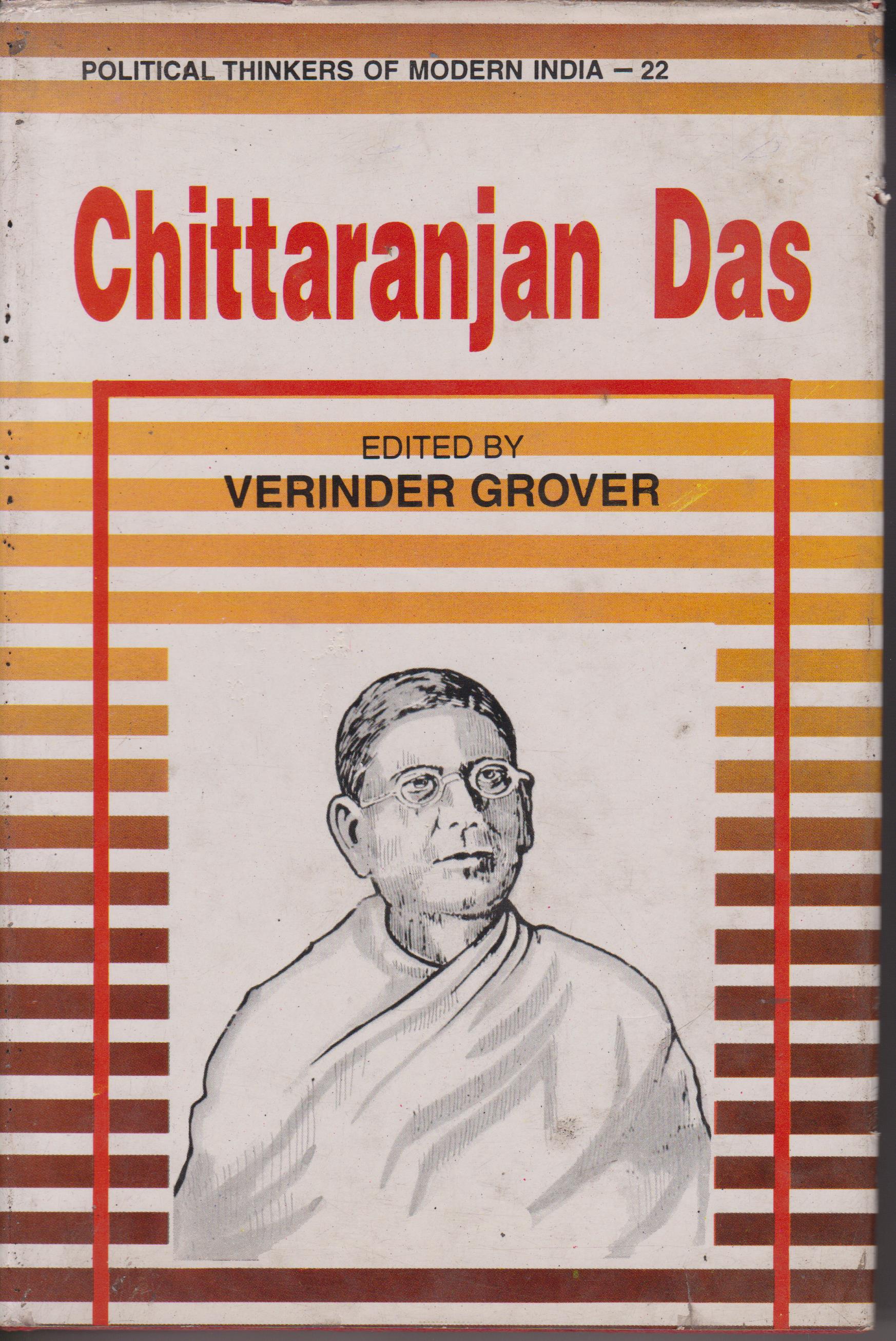
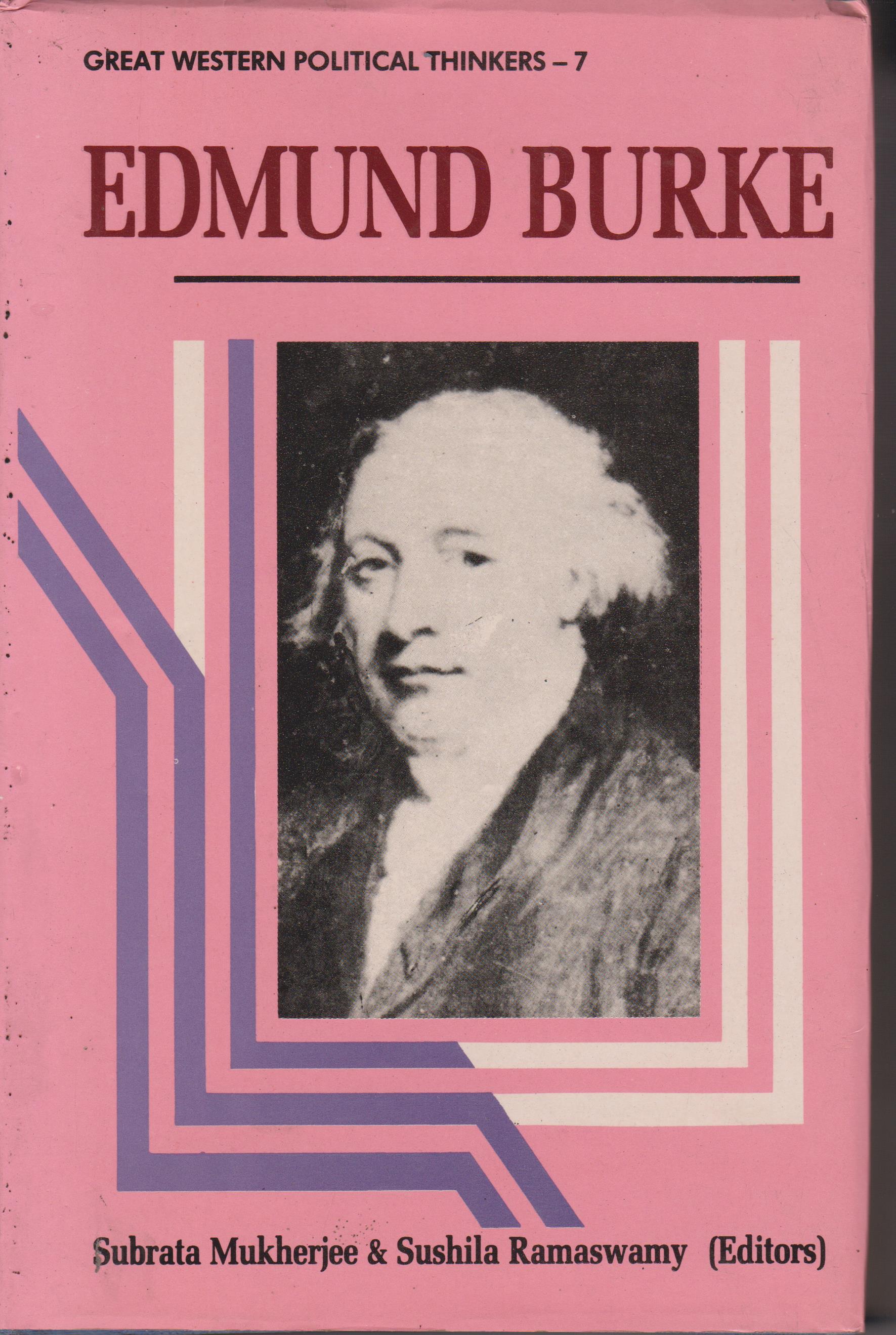
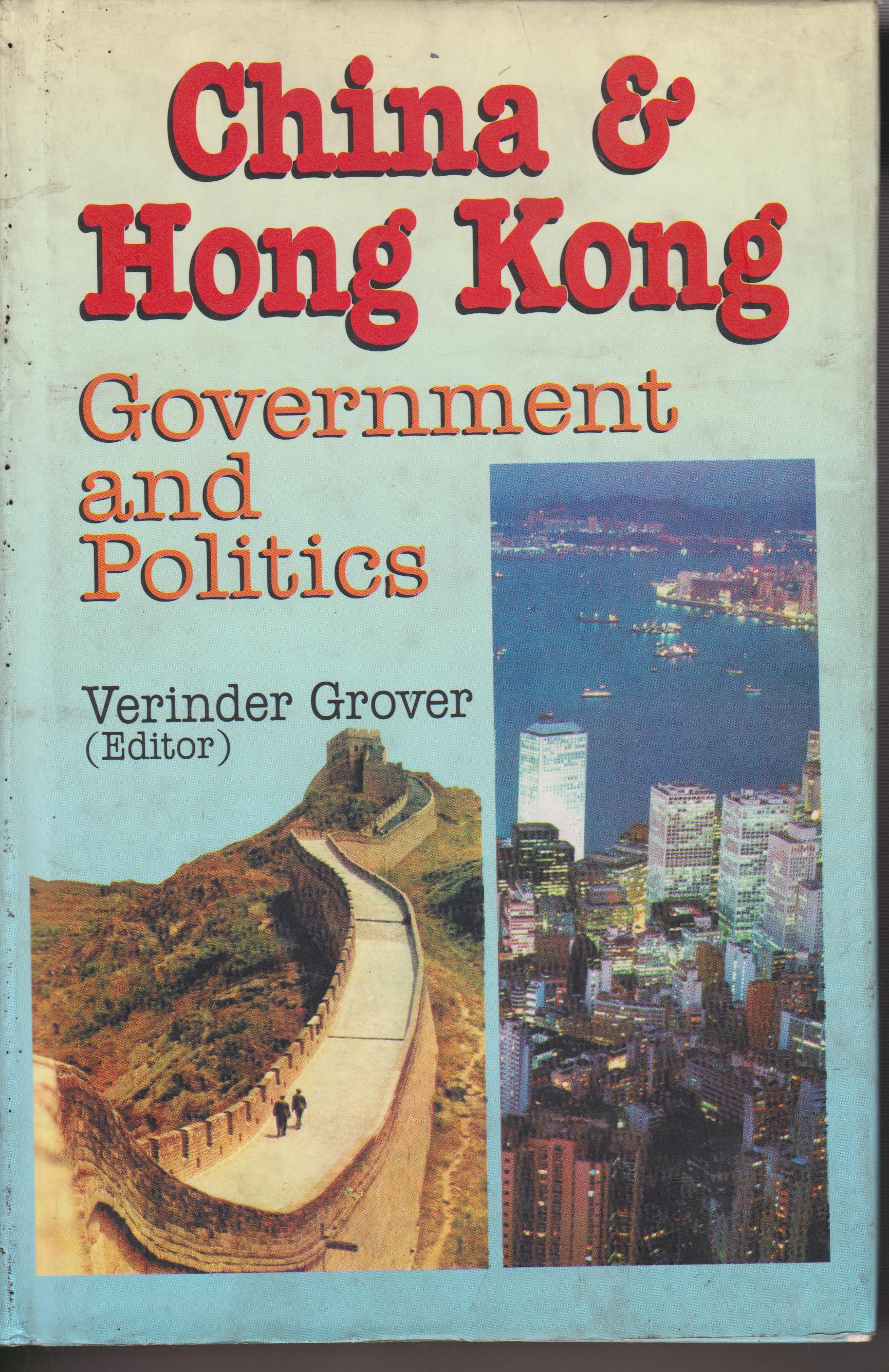
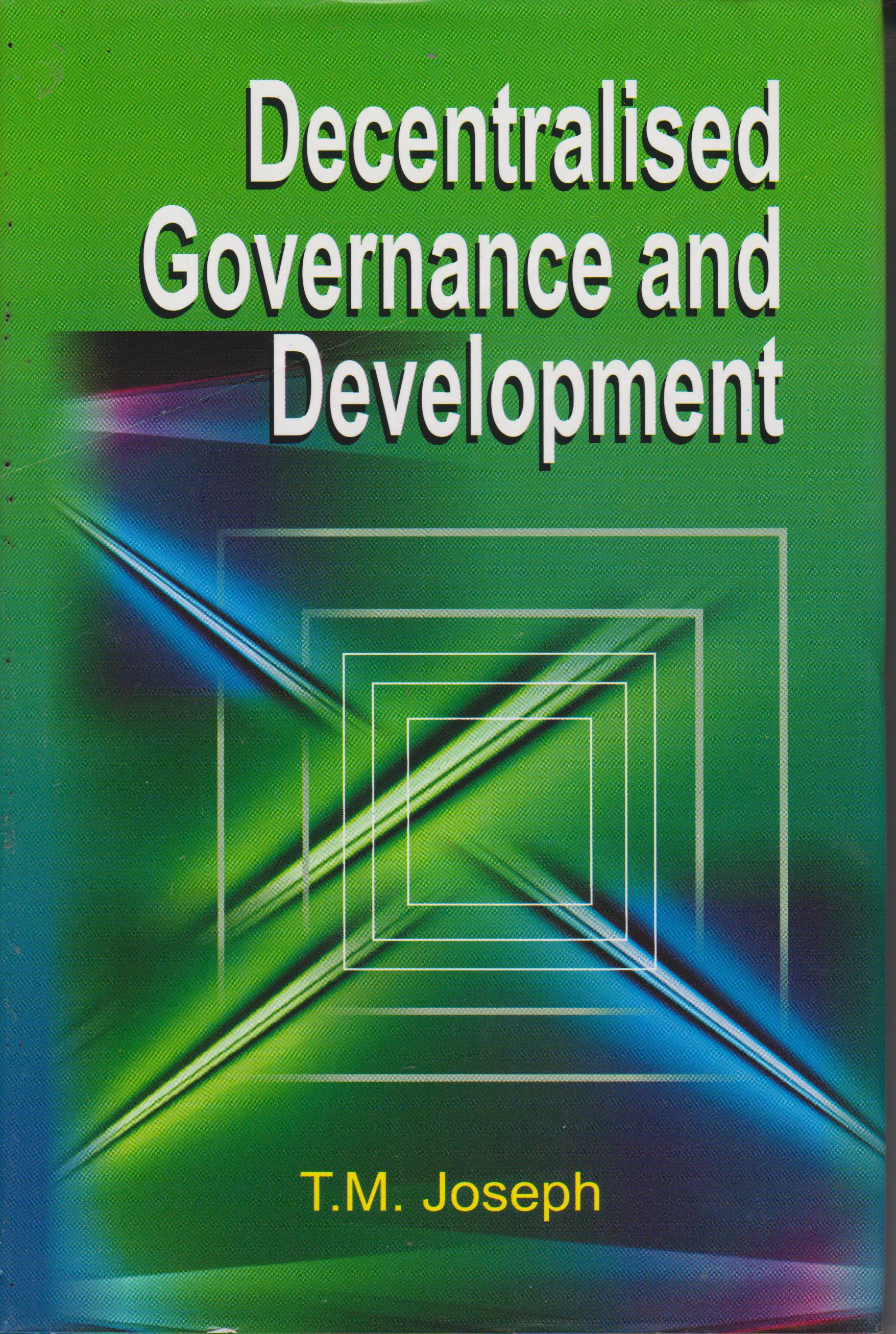
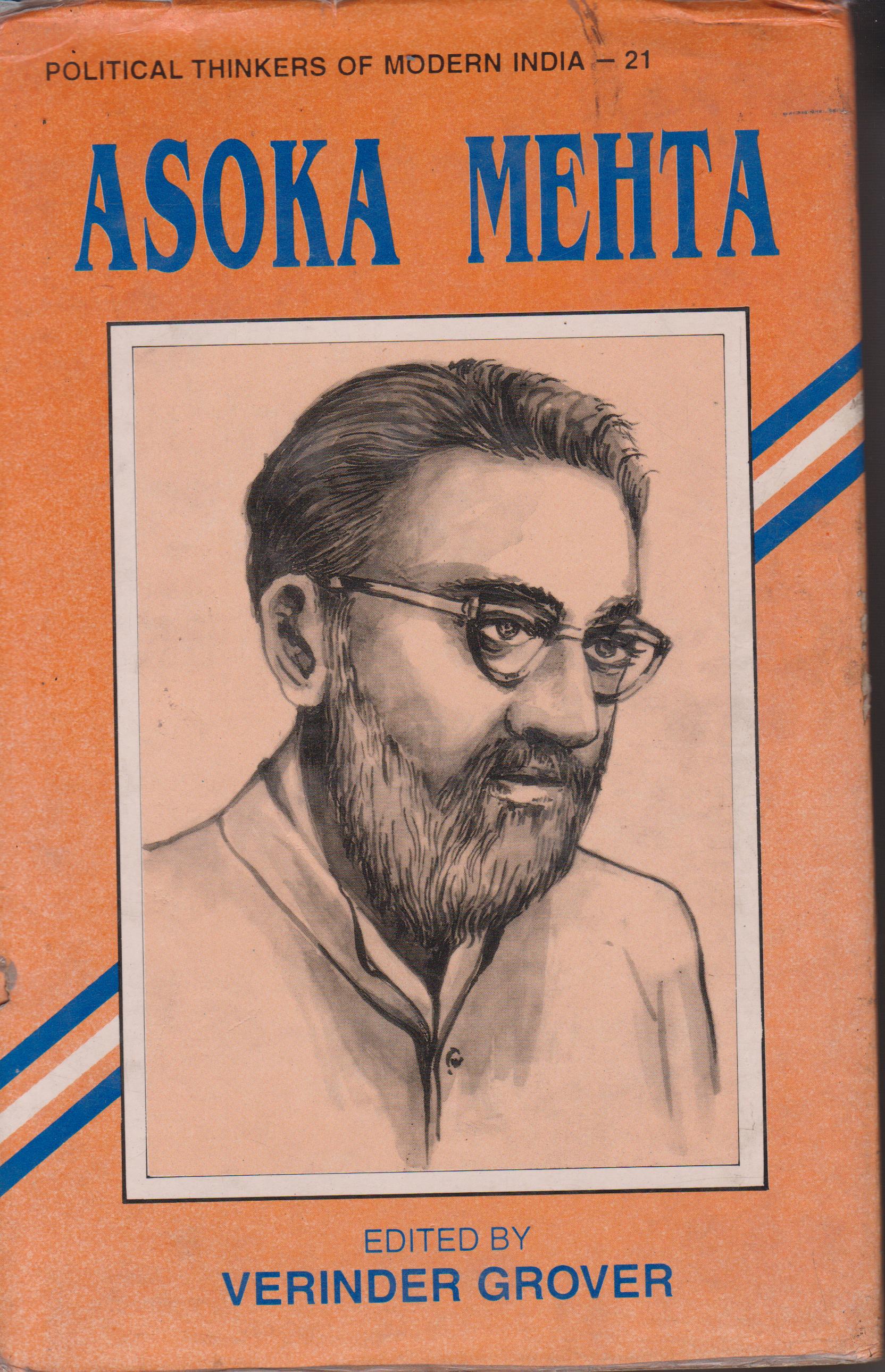
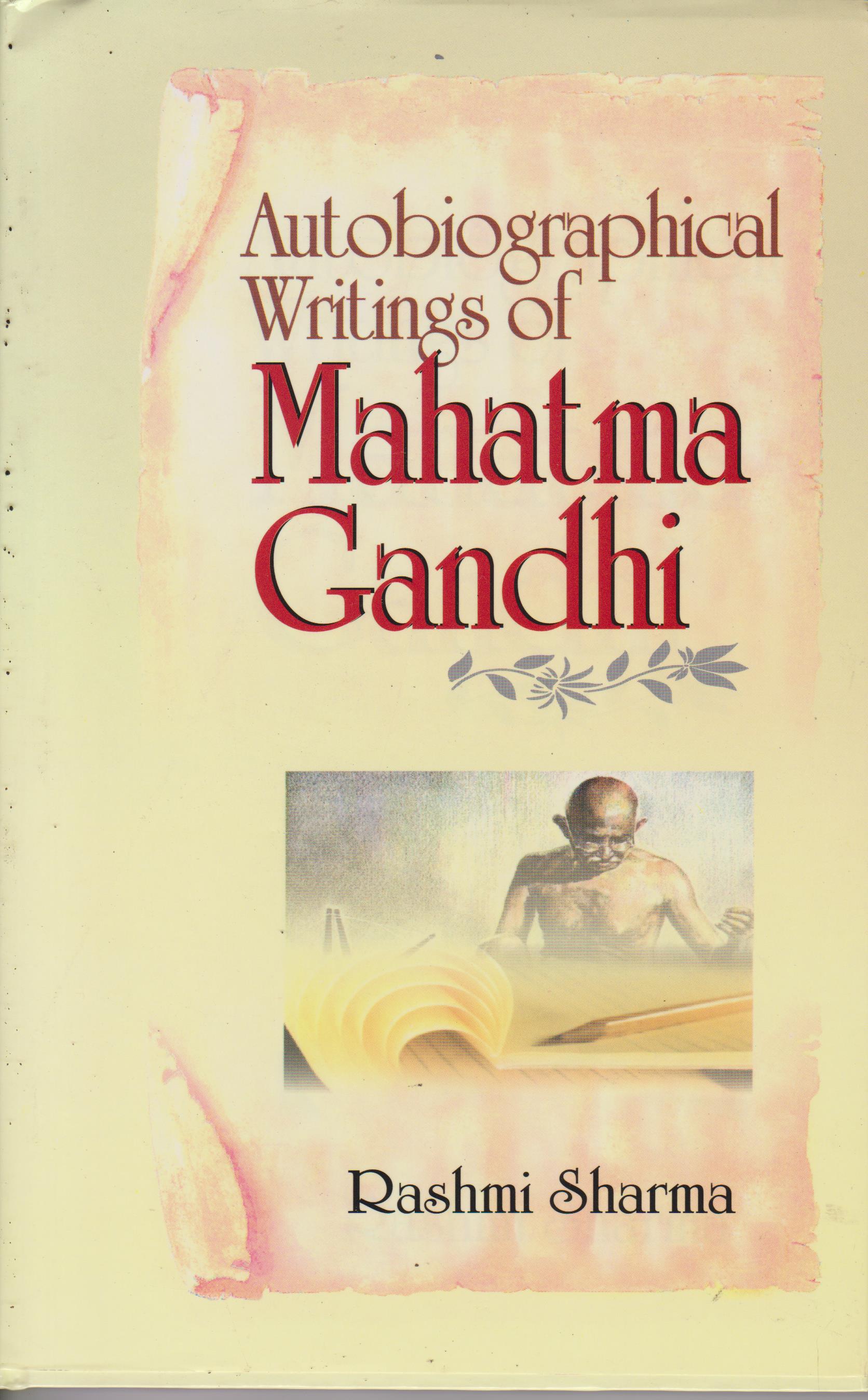

Reviews
There are no reviews yet.